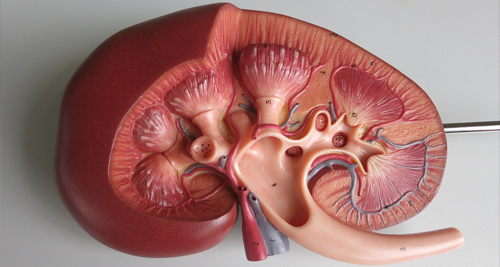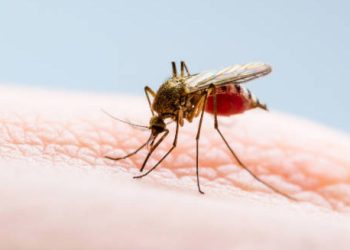Treatment and Ongoing Management of ARPKD
There is no cure for ARPKD, but comprehensive medical care can significantly prolong life and improve quality of life, especially when the condition is managed by a multidisciplinary team of nephrologists, hepatologists, dietitians, and therapists. Read more about the treatment and ongoing management of ARPKD below.
Treatment depends on the individual’s symptoms and severity, but typically focuses on:
- Supporting kidney function
- Managing high blood pressure
- Preventing infections
- Monitoring liver health
- Promoting normal growth and development
Kidney-related treatments include:
- Medications to control blood pressure, often starting in infancy
- Diuretics to manage swelling or fluid retention
- Antibiotics for urinary tract infections
- Electrolyte balancing to support renal function
- Dialysis (peritoneal or haemodialysis) if kidney failure develops
- Kidney transplant for those with end-stage renal disease (usually in older children)
Liver-related management:
- Regular screening for portal hypertension, which may cause spleen enlargement and low platelet counts
- Vitamin K supplementation or endoscopic treatment if bleeding risk is high
- Monitoring of bile ducts for infections or blockages
Nutrition and growth support are vital. Many children with ARPKD experience failure to thrive, requiring specialised dietary plans or feeding support.
In South Africa, access to specialist care varies. Urban centres offer transplant programs and advanced paediatric nephrology services, but rural families may have to travel long distances for dialysis or expert evaluation. Outreach programs and NGO support can help bridge these gaps.
Treatment and Ongoing Management of ARPKD
Parental education is essential. Caregivers must learn how to monitor fluid intake, recognise signs of infection or high blood pressure, and advocate for their child in healthcare settings.
Though the path can be difficult, many children with ARPKD grow into adolescents and even adults — especially with consistent, proactive care and emotional support.
Building a Foundation for Better Outcomes
Comprehensive and early intervention can make a profound difference in the lives of children with ARPKD. By addressing kidney and liver issues in tandem and supporting nutritional needs, medical teams can help stabilise the condition and reduce the risk of severe complications. Access to specialised care, especially in urban areas of South Africa, plays a crucial role in achieving these outcomes.
Supporting Families Every Step of the Way
Ongoing education and emotional support empower caregivers to manage the day-to-day demands of ARPKD. From monitoring symptoms to coordinating treatments, families become central partners in care. With the right tools, community resources, and clinical guidance, many children with ARPKD can lead fulfilling lives, gaining the opportunity to grow, learn, and thrive despite the challenges.
👉 [Next: Complications and Prognosis in ARPKD]


